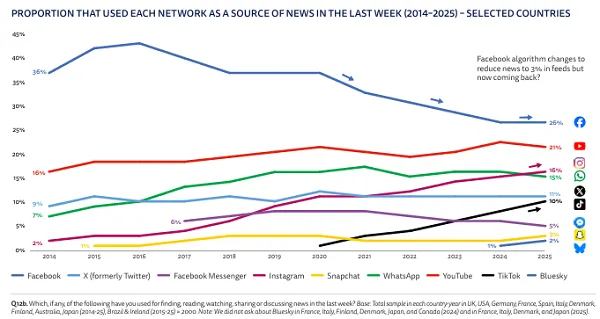Around Two Million Canadians Have Fallen Victim to a Scam on Black Friday or Cyber Monday
With the biggest sales of the year here, we provide expert advice on how to shop online more safely Nearly 32% of Canadians have experienced an online shopping scam in the past, according to a survey by NordVPN, which...

With the biggest sales of the year here, we provide expert advice on how to shop online more safely
Nearly 32% of Canadians have experienced an online shopping scam in the past, according to a survey by NordVPN, which is 5% more than estimated a year ago.
Furthermore, the survey also showed that every fifth Canadian who has ever been scammed while shopping has experienced it on Black Friday or Cyber Monday. This is the equivalent of almost 2 million Canadians.
With Cyber Monday here, cyber scammers have their sights on almost half of the Canadians who might take part in the event — 46% (4% more than last year) of Canadian shoppers say they’ll head online for Cyber Monday, Black Friday, or the Christmas sales, with a further 40% yet to decide.
“We have seen in the past that cybercriminals become very active during the shopping season, so 18 million Canadians who plan to take advantage of the deals this year should better be on guard,” says Adrianus Warmenhoven, cybersecurity expert at NordVPN. “The main thing we encourage people to remember this shopping season is if the offer looks too good to be true or a lot of personal information is requested for you to get a deal — you are probably being scammed.”
Nine in Ten would Reveal Their Private Information in Exchange for a Bargain
As many as 88% of Canadians are willing to hand over at least some personal data to land a bonus gift, discount, or free service. Compared to last year’s survey, this figure is 1% higher.
The percentage is slightly lower for those who have already experienced an online shopping scam in the past. Nearly 87% of those would share their information to get a deal.
Out of all Canadian online shoppers surveyed, 5% would hand over their credit card details, 1% would give their social insurance number, and one in ten (8%) would reveal where they worked. A further 3% would even reveal their children’s names for the chance to bag an extra bargain.
How to Protect Yourself from this Year’s Online Shopping Scams
Make sure you only give as much information as needed. A legitimate website will only request the information needed to make a transaction and ship your order.Check that the URL is right. Making sure you’re in the right online store could be the difference between entering your card details at “Nike.com” and “n1ke.com.” This small variance in URLs leaves a huge opportunity for hackers and scammers to land you on a malicious website.Beware of shortened URLs. If you stumble across an ad for a bargain with a shortened URL, try checking out the company’s site by entering their address manually. If you can’t seem to find the deal from the ad manually, you might have saved yourself from a scam.Avoid shopping on public Wi-Fi. It’s generally best to avoid shopping online using public Wi-Fi networks because public Wi-Fi typically exhibits poor security and is often scanned by hackers to breach weak connections. If you lack alternatives, VPNs are a way to encrypt your connection and protect your data.Use tools to protect your online shopping experience. In the same ways hackers use AI to automate their attacks, users can use tools to identify fishy online shopping websites. Tools like NordVPN’s Threat Protection help flag suspicious webpages and protect users from being scammed.Monitor your bank statements. One of the best ways to ensure you aren’t being scammed is by monitoring your bank statements. Doing this allows you to not only keep track of purchases and costs but can also help you be quick to respond in case of a suspicious transaction.“Additionally, people can also add extra security while using a virtual credit card. It allows people to use the temporary number to shop online without showing the seller your real credit card details,” says Adrianus Warmenhoven, cybersecurity expert at NordVPN.

 FrankLin
FrankLin 
































